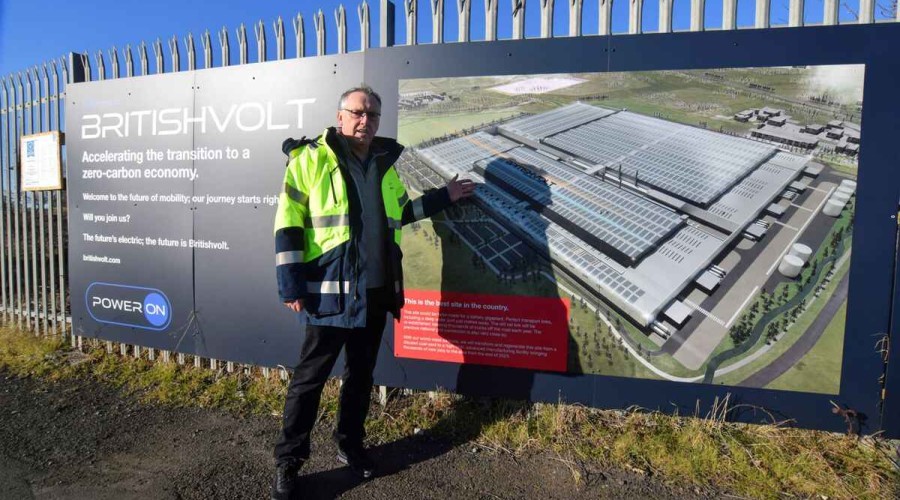Britain's electric car charge faces battery challenge
The government has allocated up to 1 billion pounds ($1.2 billion) to support Britain's EV battery supply chain

Britain risks falling behind in the race to establish an electric car industry if it can't build more battery factories - and quickly, Qazet.az reports.
Ambitious plans from automakers to ramp up production of battery-powered electric vehicles (EV) and a looming change in post-Brexit trading rules that will limit options to import cheap Asian batteries mean there is no time to waste.
But a shortage of suitable sites for "gigafactories", and the decision by some local manufacturers to import EV batteries from mainland Europe, are creating challenges that executives and politicians say the government must do more to address.
Without enough battery plants, some fear automakers could leave, hitting an industry that employs about 170,000 people.
"It's not just about gigafactories, it's about the whole infrastructure" of local auto suppliers, said Jim O'Boyle, a councillor in Coventry, central England, which has approved a site for a potential plant, but has yet to find an investor. "If we don't get it right we could lose the whole bloody lot."
The government has allocated up to 1 billion pounds ($1.2 billion) to support Britain's EV battery supply chain.
Industry experts predict the country needs four to six large battery plants to sustain a healthy car industry. It currently has one small 1.9 gigawatt-hour (GWh) Nissan (7201.T) plant in Sunderland, northeast England, and two larger ones planned.
Startup Britishvolt is building a 3.8 billion pound ($4.8 billion), 38 GWh plant in Blyth, northern England, with 100 million pounds in government backing. Nissan is building a second 9 GWh plant in Sunderland with Chinese partner Envision AESC, which could expand to 25 GWh.
